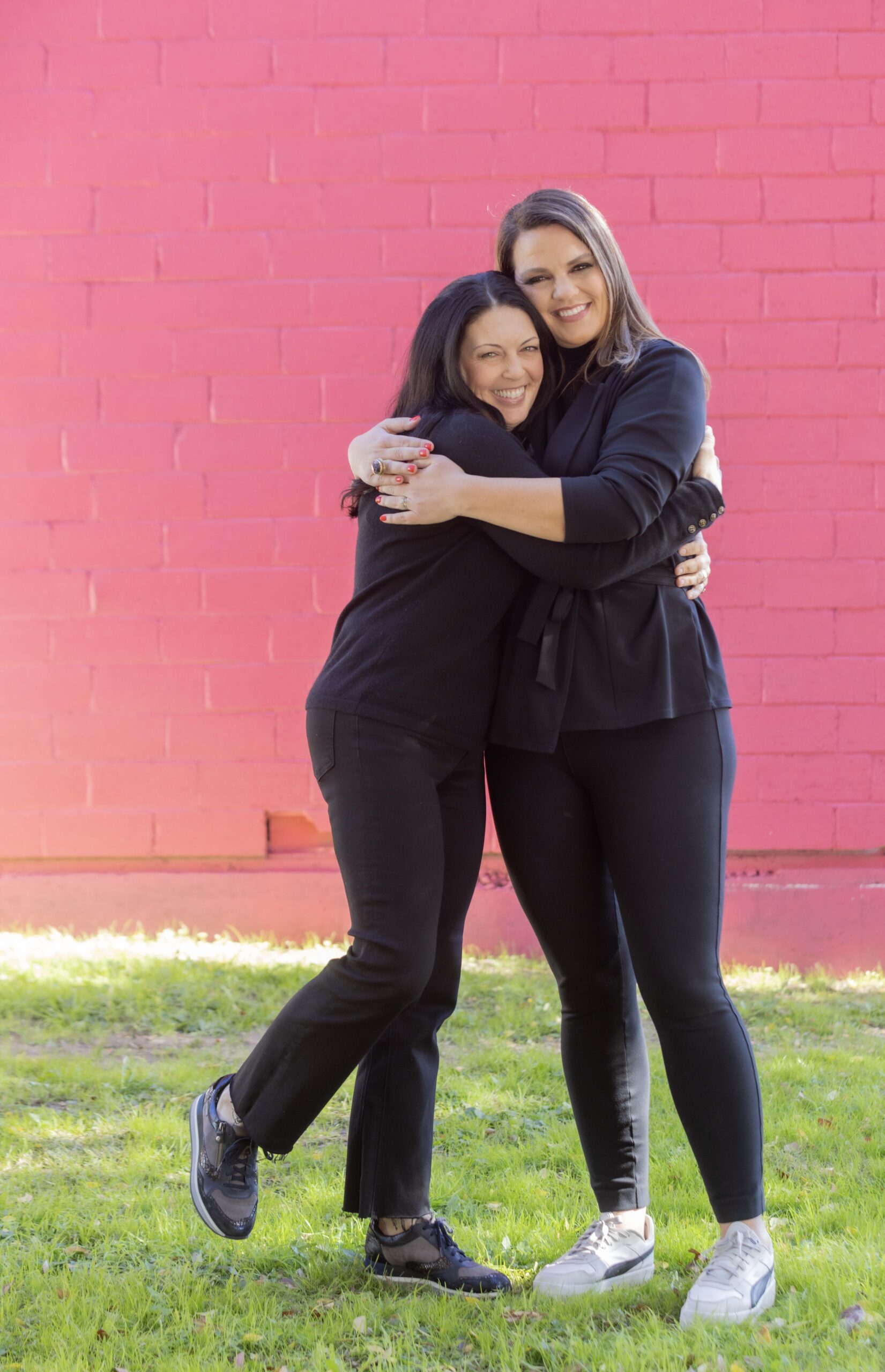
The new year is a perfect time for couples to reconnect
By Scott Nishimura
Photography by Jill Johnson
It’s the New Year, so why not add a heightened connection with your partner and a better sex life to charge up that annual list of resolutions? It may be more likely you’ll get to that resolution instead of the one about cutting carbs.
It’s a perfect moment for couples to reconnect, said Marcelle LeBlanc, owner of The Velvet Box, a Fort Worth-based chain of six luxury adult boutiques in the DFW area, and Dr. Celeste Holbrook, who has a doctorate in health behaviors and is the sexologist behind a popular series of online and in-person classes put on by the retailer.
“I think there’s so much stress in the world right now, everyone just feels like they’re suffering and drowning a little bit,” LeBlanc said.
The two often see a substantial disconnect and lack of communication between couples that leads to unsatisfying relationships.
“I think people in their lives are feeling judged all the time, including judging themselves,” LeBlanc said.
Belonging, fitting in, insecurity, self-acceptance, uncertainty, are some of the things that make people incredibly vulnerable, she said. “It’s even more magnified when it comes along with intimacy.”
Holbrook: “And I think as far as the dearth of connection, in terms of relationships and especially intimate relationships, because we don’t have very good sex education, it breeds disconnection. Because I don’t grow up knowing how to talk about things, I don’t feel comfortable talking about them.”
The Velvet Box several years ago began developing a series of classes. COVID forced the company to move all but one class online, where they have a popular audience, LeBlanc and Holbrook said. During December, the retailer allowed free access to all classes on its thevelvetbox.com site, which carry titles ranging from “DIY Date Night” to “Boring Married Sex,” “Everything Porn Didn’t Teach You” and bestsellers that are, shall we say, slightly more specific.
Some of the classes go into life changes like erectile dysfunction, depression, and the impact of diseases like cancer on sexual performance.
“We’re not afraid to address intimacy in the context of all these life changes,” Holbrook said. “We want to take a look at what people are actually experiencing.”
Holbrook leads the classes in a non-judgmental, helpful tone that takes viewers on journeys of their anatomy and notes that girls and boys are raised with a double standard of messaging about their bodies that starts from potty training.
“We get a lot of people who watch with their partners and say that it brings a lot of new areas for them to explore in their relationship,” Holbrook says.
During the in-person classes and on the website for her private practice, Holbrook tells the story of how she decided to pursue a career as a sexologist.
Holbrook going first in the classes is a way to break the ice and permit class participants to be free. “My biggest shock is how vulnerable everybody comes to the room,” LeBlanc said.
“I grew up in a somewhat conservative, religious household, and I was under the impression that I needed to wait until I was married to have penetrative sex,” Holbrook says. “And I’m a rule follower. So I did.”
Married at 26 in a morning ceremony in Austin, “I had sex for the first time on my wedding night, and it was terrible and it was really painful,” Holbrook says. “I felt incredible shame that I wasn’t living up to what I thought I should live up to, as a wife. I felt angry at my partner for even wanting to have sex later on because it continued to be painful for the whole first year of our marriage. I felt sad and I felt alone.”
She consulted her physician, who reported he saw nothing physically wrong and “I think you just need to have a baby.”
Not the best advice, Holbrook recalls.
“I was already getting a PhD at the time, so I didn’t know what else to do,” she says. “So I just started studying. I was getting a PhD in Health Behaviors, and so I just started studying sexual behavior because I figured I don’t know who else to talk to about this, so I’m going to figure it out myself. When I say that sex education saved my relationship, it really did. I got the information that I needed about my body and about arousal and about pleasure — in the academic setting.”
